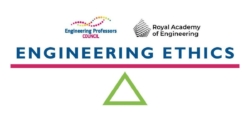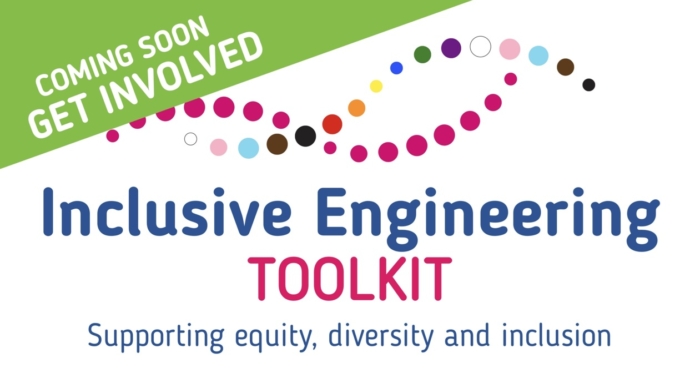 You’re a newly appointed engineer. You’re being asked to sell equipment that you believe is entirely unsuitable to a developing country. Your own job security is at stake. You have to make the right decision. What do you do?
You’re a newly appointed engineer. You’re being asked to sell equipment that you believe is entirely unsuitable to a developing country. Your own job security is at stake. You have to make the right decision. What do you do?
This is the situation you’ll be confronted with in the case study Aid vs Trade, part of our Engineering Ethics Toolkit, which aims to help educators to introduce ethics into the engineering curriculum, and to embed ethical practice into the culture of engineering.
This case study is situated in Ghana, and the engineer in it must weigh perspectives on environmental ethics that may differ from those informed by their own (different) cultural background, as well as navigating unfamiliar workplace expectations. That the engineer’s own job security is also at stake may complicate decision-making.
We’ve provided this, and other case studies, for you to use and adapt in your teaching. If you’re new to ethics, we have a growing library of guidance articles available to support you, and an Ethics Explorer to get you started.
Want to contribute your own content to the Ethics Toolkit? Get involved here.

 You’re a newly appointed engineer. You’re being asked to sell equipment that you believe is entirely unsuitable to a developing country. Your own job security is at stake. You have to make the right decision. What do you do?
You’re a newly appointed engineer. You’re being asked to sell equipment that you believe is entirely unsuitable to a developing country. Your own job security is at stake. You have to make the right decision. What do you do?


